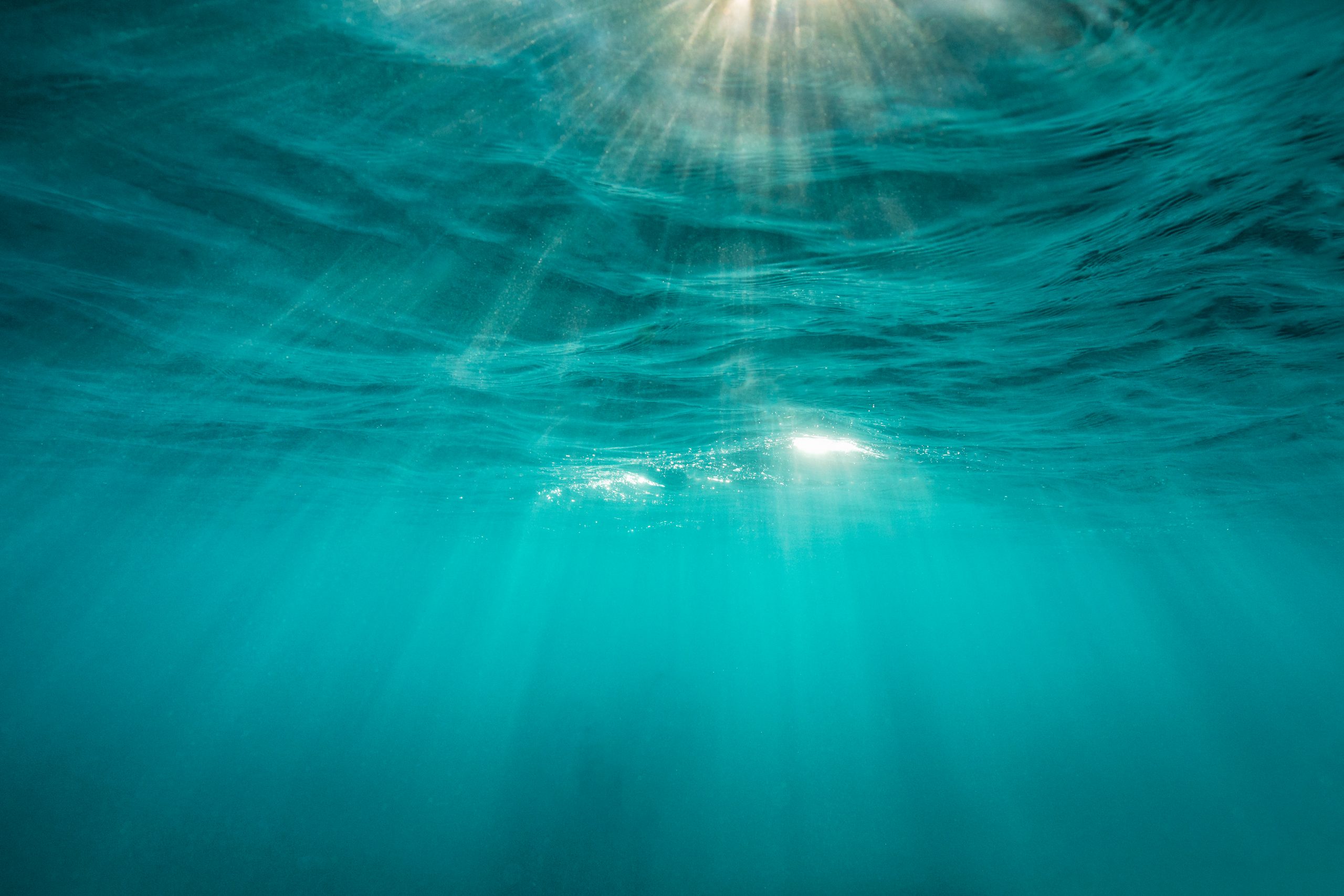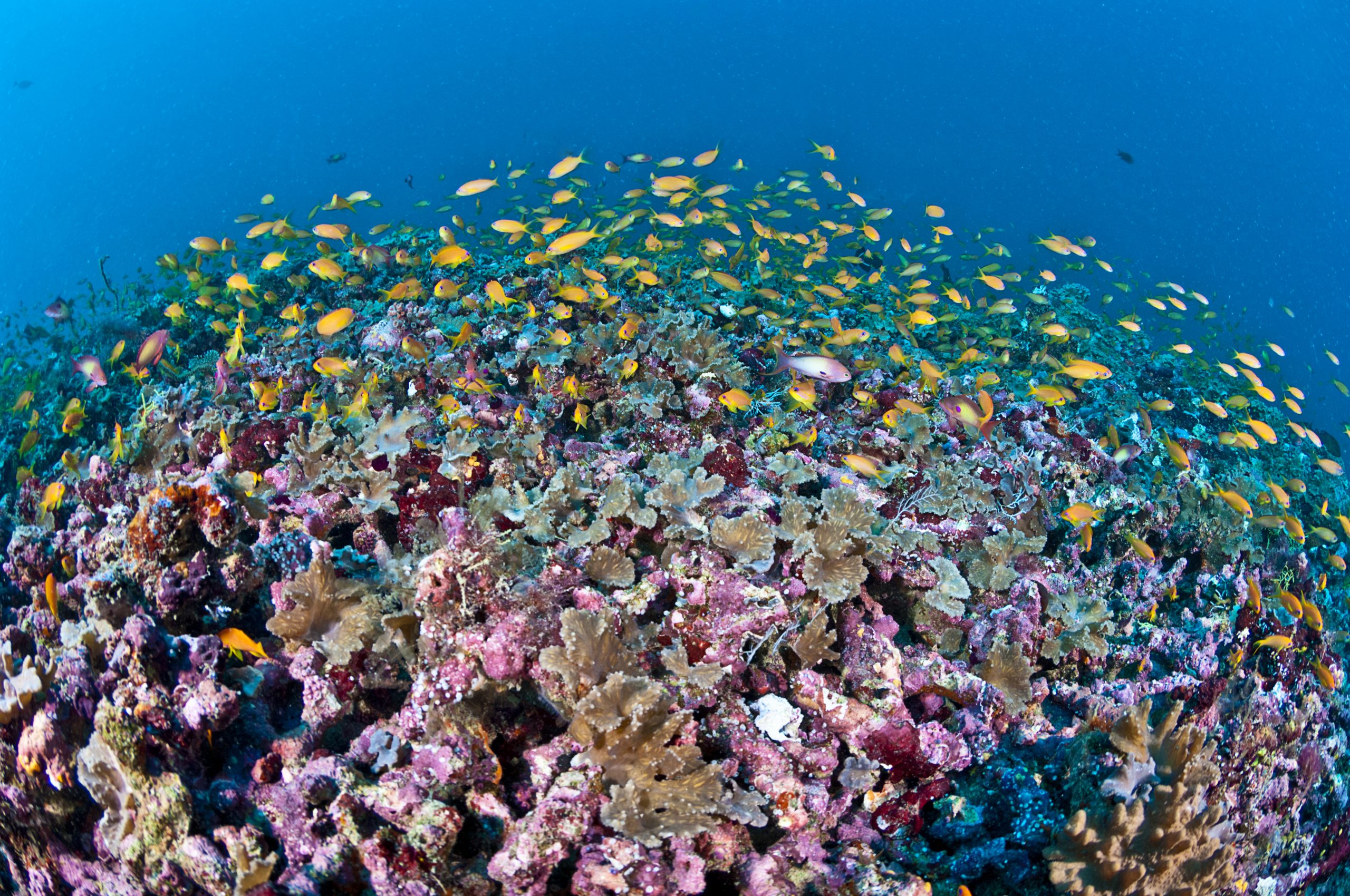Scientists predict the world’s oceans could be restored by 2050


This story is part of our Good News series – bringing you positive headlines every day to spread positivity during difficult times.
Scientists have predicted that the world’s oceans could be restored within the next 30 years.
Experts have said that the waters destroyed by the impacts of pollution, over fishing and habitat disruption may be recovered by the year 2050 thanks to conservation work.
It is thought that marine life could be restored and climate change could be helped to be reversed.
The review in the journal Nature says the Earth’s climate crisis needs to be dealt with, something that can be done by conserving coastal habitats and oceans, which help to soak up carbon dioxide emissions.
Scientists have recommended actions required to restore oceans in the next three decades include species, harvesting wisely and restoring habitats such as salt marshes, mangroves, seagrasses, coral reefs, kelp, oyster reefs, fisheries and megafauna.

Professor Carlos Duarte, of King Abdullah University of Science and Technology in Saudi Arabia, said, “We have a narrow window of opportunity to deliver a healthy ocean to our grandchildren, and we have the knowledge and tools to do so.
Sign up to our free daily email for the latest royal and entertainment news, interesting opinion, expert advice on styling and beauty trends, and no-nonsense guides to the health and wellness questions you want answered.
“Our study documents the recovery of marine populations, habitats and ecosystems following past conservation interventions. It provides specific, evidence-based recommendations to scale proven solutions globally.
“We know what we ought to do to rebuild marine life, and we have evidence that this goal can be achieved within three decades. Indeed, this requires that we accelerate our efforts, and spread them to areas where efforts are currently modest.”
We now have the skills and expertise to be able to restore vital marine habitats such as oyster reefs, mangrove swamps and salt marshes - which keep our seas clean, our coasts protected and provide food to support entire ecosystems," adds co-author Professor Callum Roberts from the University of York.
"Science gives us reason to be optimistic about the future of our oceans, but we are not currently doing enough in the UK or globally.”

Caitlin is News Editor for woman&home, covering all things royal, celeb, fashion, beauty and lifestyle. Caitlin started on local papers and titles such as Cosmopolitan, Now, Reveal and Take a Break while studying for her Multimedia Journalism degree. She also worked in Fashion PR as a Press Assistant for Arcadia's Topshop before becoming a part of the Now team. Caitlin went on to add the likes of Woman, GoodtoKnow, WhatToWatch and woman&home to her writing repertoire before moving on to her current role.